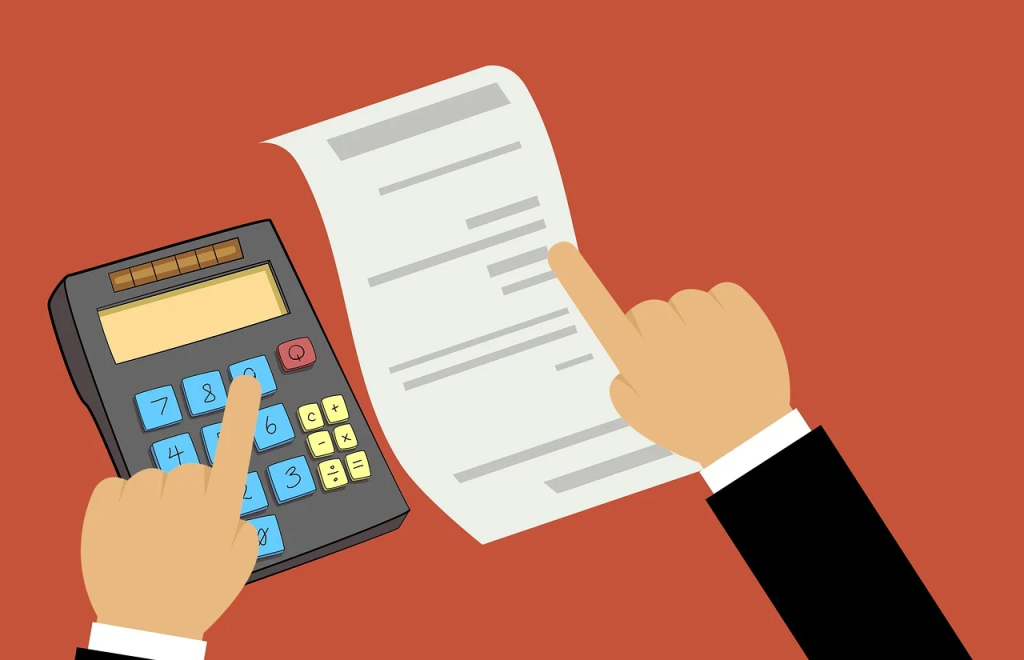Taxation becomes more important as the crypto market becomes more regulated than ever. Governments enforce new regulations and increase oversight, making tax frameworks more transparent.
You don’t pay taxes if you buy crypto with a credit card. However, if you do some digital asset trading and then profit when converting crypto to fiat, you might be subject to taxation. Purchasing and holding crypto isn’t subject to taxes. However, if you receive a salary in digital assets, taxation rules apply to you.
In this guide, we will discuss the latest trading rules in the digital asset industry. Whether you are a casual trader, investor, or DeFi user, you will find the information below useful!
Key Changes in Crypto Taxation
It’s hard to count all the changes in crypto taxation since things are constantly evolving. Some noticeable changes include the following:
- Mandatory exchange reporting. Many jurisdictions now require digital trading platforms to report user activity to the authorities.
- Expanded definitions of taxable income. The regulations now include additional decentralized finance activities, such as airdrops and staking rewards.
- Global trends show tighter enforcement. Governments understand that the crypto market needs better regulation. Additionally, they are aware that this is an opportunity to increase tax revenue, which explains the tighter regulations.
Exchange Reporting Rules
Although the crypto market was famous for its anonymity and privacy, it seems that this is fading. Many governments require exchanges to report user transactions to relevant authorities. Apart from transfers, this includes user details, such as profits and losses, deposits and withdrawals. Privacy-focused coins like Monero remain popular among users who value anonymity. You can check the latest Monero price to stay updated.
The good news is that some decentralized exchanges offer a way around this by not implementing KYC or requiring users to register. If you pick centralized platforms, the odds are that you give up your privacy. Also, there’s an audit risk. If the authorities assess the situation, they could find discrepancies between your reports and exchange details.
Staking and DeFi Taxes
Trading profit isn’t the only way to earn in the decentralized world. You can also benefit from staking or earn tokens from yield farming. The process usually requires locking funds in a smart contract and profiting when the conditions are met.
The trick with the taxation is that some transfers might be taxable right after earning. Depending on the rules in your jurisdiction, these transactions could also be taxable only after you withdraw funds to your fiat account. It’s important to assess any applicable rules in your jurisdiction.
NFT Tax Updates
Non-fungible token creators might be subject to taxes on any income made with the minted and sold tokens. The taxes are usually calculated at the time of sale, and one thing to consider is royalties. Creators could end up paying taxes on them down the road.
As for collectors, purchasing and holding NFTs isn’t taxable. However, if you profit from a resale, that indicates income. It’s taxable in most jurisdictions since it triggers a capital gain tax.
Cross-Border Taxation
International transactions are much faster with digital assets. The comparison of crypto vs traditional banks will reveal the benefits of using digital currencies. The crypto industry aims to support international transactions, and the governments are now working together to monitor transfers. That means double taxation might occur, which is something you can avoid if you consult an expert. In general, it’s sufficient to report income in a single jurisdiction.
Countries might also have different rules when they consider where the income is generated. For example, one country might tax staking rewards right away, while others do that only after the withdrawal.
How to Prepare for the 2025 Crypto Tax Season in 3 Steps

In the taxation world, it’s all about being proactive and organized. It’s time to look at the three critical tips to apply to ensure you are ready for the upcoming tax season.
Track Your Transactions
The best thing you can do is to keep a clear track of your transfers. Whether you do this digitally or the old-fashioned way, make sure you don’t miss a single action. You should cover all purchases, sales, and exchanges, as well as inter-wallet transfers. Don’t forget to add any income from airdrops, staking, and NFTs. It’s best to get a tool that would help track everything since it minimizes the risk of missing a transaction.
Organize Your Wallets
It could help to have a separate wallet for each activity. For example, if you hold an asset for a long time, get a cold wallet. If you want one for active trading, a software wallet should do the trick. Also, get a separate wallet for any yield farming and staking activity. You’ll find that the Paybis Bitcoin wallet is free and comes with many useful features like an integrated transaction history.
Consult a Tax Pro
It’s hard to cover all regulations because tax rules vary from country to country. Some protocols are complex, and you might have a long list of transactions and incomes to report. These are all good reasons to hire a crypto expert professional, but make sure to find one that understands the rules in your country.
Tools for Easy Crypto Tax Reporting
The good news is that many tools simplify crypto tax reporting. Here are some practical solutions that can save time and reduce errors.
Portfolio Trackers
Some portfolio trackers, like Delta, Zerion, and CoinStats, can help track your holdings, profits, and losses. These utilities can monitor your balances across different wallets, displaying whether you have earned anything. This is important because you can get detailed information regarding taxable income in a few clicks.
Tax Filing Platforms
You can look for specialized tax filing platforms available in your area. Some examples include Koinly and Accointing, but don’t forget that the tax software has to be suitable for your country. The features included with these tools include real-time profit/loss tracking and automatic synchronization with exchanges and wallets. They also help generate tax documents and reports in just a few clicks.
Crypto Tax Calculator
The idea is to get an estimation of the total tax you’ll pay before the time comes to pay it. That will help you understand whether you should take any action to potentially lower your tax hit. Some examples include TokenTax Calculator and CryptoTaxCalculator.io, but remember that these are only useful at least a few weeks (or months) before the time to report taxes comes.
Important Crypto Tax Mistakes to Avoid in 2025
Crypto taxation is complex, and it’s not easy to find your way around. We’ve checked out the common mistakes made by traders and listed them below.
- Not reporting income or trades. This is the worst thing to do because it will look like you tried to hide potentially taxable income. Make sure to report everything and be transparent to avoid the risk of paying fines and having other legal problems.
- Ignoring microtransactions. You might think the amounts are too small, but over time, sums can add up easily.
- Not including NFTs. Acquiring NFTs or selling them can also be taxable, so it’s important to ask around to see if you should report them.
- No detailed recordkeeping. Monitoring each transaction carefully is the key to reporting taxes properly. From property purchase to wallets and exchanges used — don’t be afraid to go into detail.
- Not asking around for specific rules in your country. Crypto tax regulations might vary from one location to another. Understanding the exact rules in your area will help develop the right trading strategy and also make reporting easier.
Avoid these typical mistakes to dodge the potential consequences of not dealing with your crypto taxes properly.
Get Ready for the 2025 Crypto Tax Season
The crypto market is getting more mature, and that also applies to taxation rules. Governments understand the industry and tax opportunities better than before. They also improved monitoring, which is why traders should ensure they file tax reports on time. Different tools and utilities can help track trades and wallets, helping you turn a complicated process into a simple one. Apart from ensuring you don’t break the law, having the situation under control the entire time can help avoid any unnecessarily high tax bills.





















